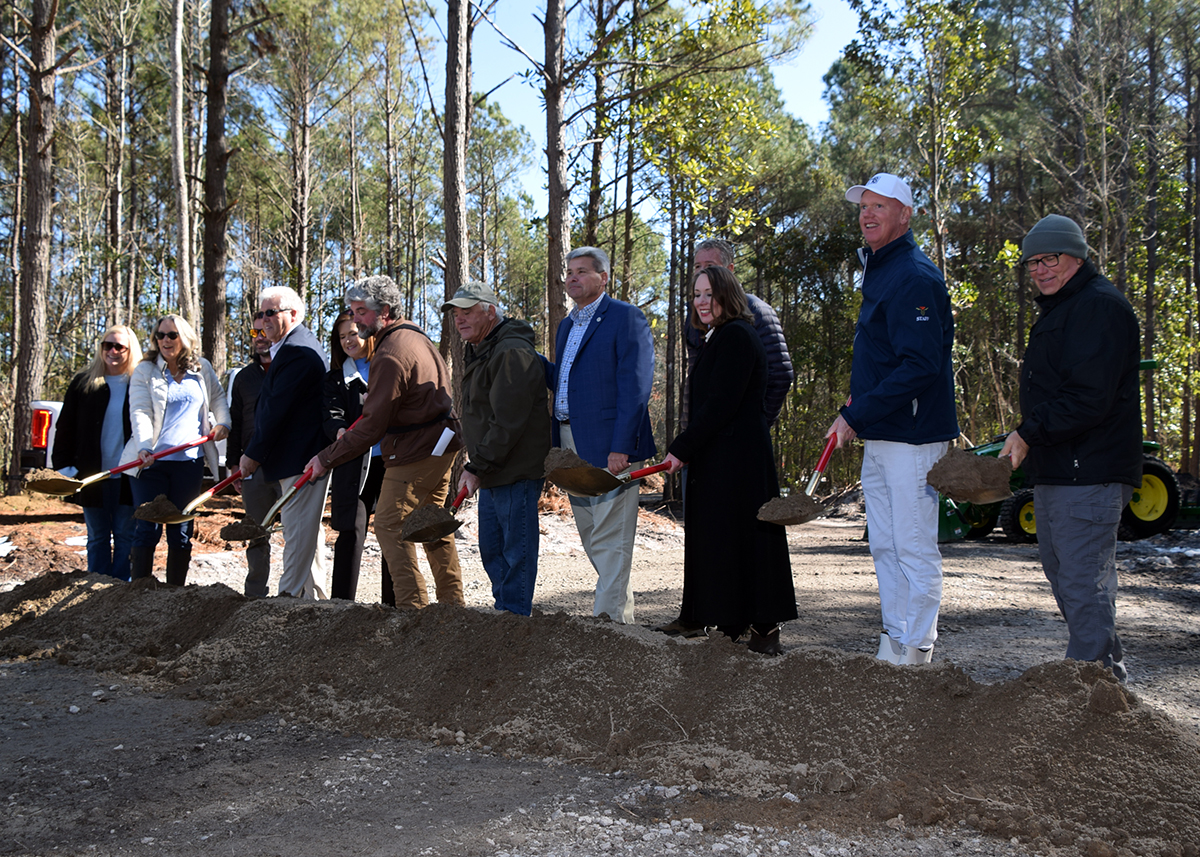
A bill in the North Carolina General Assembly would hold Chemours Co. financially liable for contaminating drinking water supplies in the Cape Fear region.
Rep. Ted Davis Jr., R-New Hanover, recently introduced House Bill 1095, which would authorize the Environmental Management Commission to adopt maximum levels of per- and polyfluoroalkyl substances, or PFAS, safe for human consumption. It would then give the state environmental secretary power to order the responsible party to pay a public water system for any unnecessary costs to remove, correct or evade any adverse effects on the water supply from PFAS contamination.
Supporter Spotlight
Rep. Frank Iler, R-Brunswick; Rep. Charles Miller, R-Brunswick-New Hanover; and Minority Democratic House Leader, Rep. Robert Reives II, D-Durham, are cosponsors.
Davis, speaking during a press conference Thursday, said that in North Carolina, everyone should have access to clean drinking water.
“For too long residents in my legislative district in New Hanover County have dealt with contamination from a known polluter,” he said, adding that residents in other nearby counties had the same concerns.
Residents shouldn’t have to pay for safe water when there is a known responsible party for contamination, Davis said, referring to the Chemours Co.’s Fayetteville Works facility in Bladen County.
“Since 2017, the public water system has incurred enormous expenses to identify and install treatment methods to reduce the PFAS contamination in the drinking water that they give to their customers to consume,” Davis said. “The intent of House Bill 1095 is to make such calls payable by a responsible party and not the ratepayers of that public system.”
Supporter Spotlight
The bill passed a first reading May 27 and was referred to a House judiciary committee that met Thursday after the press conference.
The measure would include a $2 million appropriation to the Department of Environmental Quality for implementation of the bill’s provisions and $2 million to the North Carolina Collaboratory to research the maximum contaminant levels that the department would establish for PFAS. The bill would provide retroactive relief to Jan. 1, 2017, the year the news of PFAS contamination was first reported by the Wilmington StarNews.
DEQ Secretary Elizabeth Biser also spoke Thursday during the press conference, saying that the department was committed to addressing the contamination by holding polluters accountable and protecting communities from the effects of PFAS contamination. She said the adoption of enforceable drinking water standards for PFAS would be a critical step forward because there are no federal drinking water standards for PFAS.
Davis said the bill would apply only to businesses in North Carolina that manufacture PFAS and discharge it into the environment, affecting public water systems. The measure would not apply to fire departments that use PFAS-containing firefighting foam.
The North Carolina League in Municipalities supports the measure, as do utilities officials. Brunswick County Public Utilities Director John Nichols and Cape Fear Public Utility Authority Executive Director Kenneth Waldron expressed support for the bill during a public comment portion of the judiciary committee meeting. Both utilities are spending millions to make the water safe to drink. Brunswick is working on a $100 million upgrade and Cape Fear has invested $46 million to date.
Chemours opposes the measure. Jeff Fritz, the company’s state government affairs lead, called it unnecessary. He said the bill would “undermine due process.”
The North Carolina Manufacturers Alliance and NC Chamber are also among the bill’s opponents.







